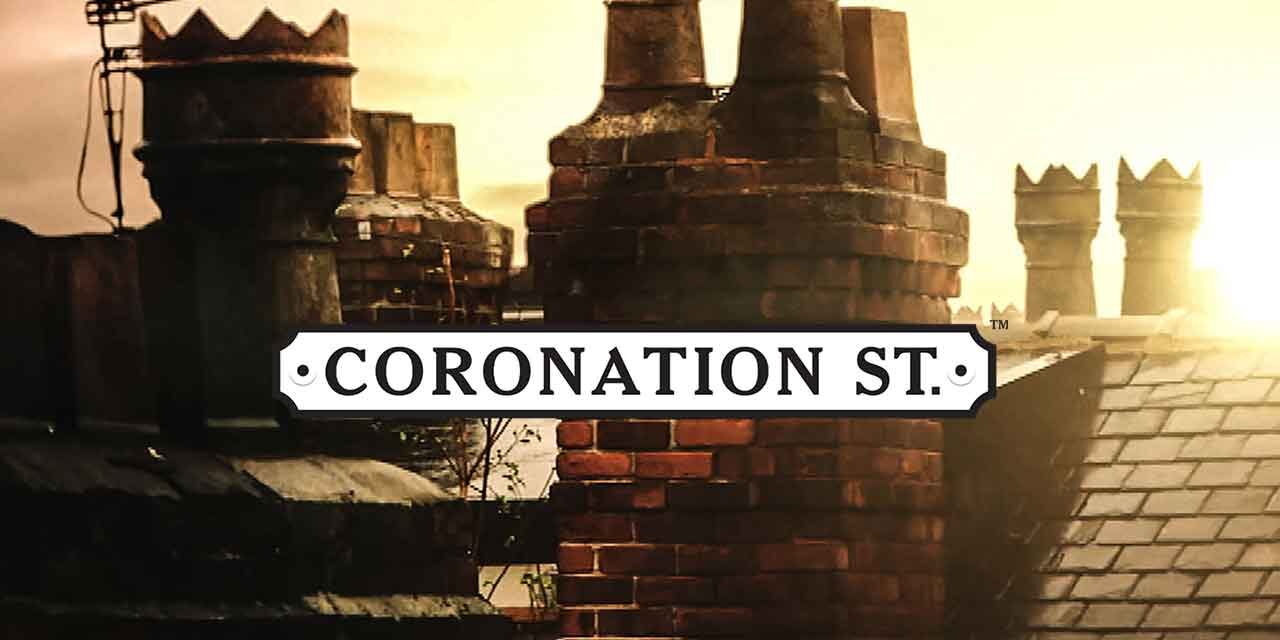Coronation Street: Britain’s Best-Loved and Longest-Running Soap Opera
Introduction: A Television Phenomenon
Coronation Street holds an esteemed place in British popular culture as the nation’s longest-running primetime soap opera. Since first premiering on ITV in December 1960, Coronation Street has entertained generations of viewers with its intimate portrayal of working-class life played out through memorable characters and gripping storylines.
Set on the fictional cobbled Coronation Street in Weatherfield, a town in Greater Manchester, the programme revolves around the tight-knit community who live and work on the street and its surrounding locales like the Rover’s Return pub and corner shop. While stories explore everyday domestic dramas and relationships, the show also examines topical social issues from extramarital affairs to youth unemployment through its well-observed Northern realism.
Driven by writer Tony Warren’s own upbringing in Salford, Coronation Street pioneered kitchen sink drama on primetime television. Through nuanced storytelling and strong casting, the show connected with audiences like never before as viewers became invested in the trials and triumphs of the residents of Weatherfield.
Produced by Granada Television, Coronation Street swiftly became ITV’s most popular show, averaging over 10 million viewers per episode at its peak. The programme’s cultural impact and longevity as an essential British television institution for over 60 years cannot be overstated. It is the world’s longest-running continuous soap opera.

Background and Creation: Inspired by Northern Working-Class Life
Coronation Street was the brainchild of screenwriter Tony Warren who aimed to depict a vivid slice of Northern working-class existence after being raised in that milieu in Salford, Lancashire. Tasked by Granada TV producers to create a new kitchen sink drama, Warren drew from his own community and characters to pen an authentic serial portraying the lives of ordinary Northerners.
The show was named after Coronation Street which connected to Granada Studio’s outdoor set in Manchester. Filmed in gritty black and white, initial episodes focused on residents of one terraced street interacting in the corner shop, pub and row of houses based on Warren’s memories.
Under producer H.V. Kershaw, the programme tapped into a demand for stories about real life portrayed with intimacy and empathy. Early episodes examined the aftermath of the 1958 Munich air disaster which claimed the lives of Manchester United players. This grounded the show in its community and cemented its kitchen sink credentials.
Coronation Street stood apart from previous aspirational BBC soap operas by spotlighting working-class hardships and relationships. Gradually introduced archetypes like battleaxe Annie Walker, brawling Jack and Vera Duckworth and tart-with-a-heart Bet Lynch became British cultural icons. The show’s social realism and Northern colloquialisms made it unmissable weekday viewing.
Characters and Casting: Bringing Weatherfield to Life
While the cobbled streets formed the backdrop, Coronation Street was defined by its rich cast of characters masterfully brought to life by talented actors, many from Northern England.
Ken Barlow, portrayed by William Roache, epitomised the show’s endurance as one of its original characters. As the street’s stalwart moral conscience, Ken provided a thread linking past and present. Fellow original cast members Pat Phoenix as feisty Elsie Tanner and Anne Reid as valve Vera Lomax also gained national fame.
Other iconic characters like sharp-tongued barmaid Bet Lynch, played with verve by Julie Goodyear, and Hilda Ogden, embodied with nuance by Jean Alexander, enthralled viewers. Comic Jack and Vera Duckworth, played by Bill Tarmey and Elizabeth Dawn, entered viewers’ hearts as warring partners with undeniable rapport.
Younger faces like Sally Dynevor as Sally Webster and Helen Worth as Gail Platt brought relatable family drama. Villains like Alan Bradley and Richard Hillman terrified viewers. Guest stars like Sir Ian McKellen and Joanna Lumley also featured.
But Coronation Street’s eclectic ensemble and the community dynamic they fostered remained the true stars. Characters like cafe owner Roy Cropper, cabbie Lloyd Mullaney, and corner shopkeepers Dev and Sunita became like friends viewers visited nightly. Their stories constituted a moving chronicle of ordinary life.
Impact and Legacy: Integral British Television
Coronation Street swiftly became ITV’s flagship show, entering the Guinness Book of Records as the world’s longest-running soap opera. By the late 1960s, it averaged 20 million viewers per episode, with Figures of over 26 million for key weddings and funerals. The programme was a national obsession.
Beyond commercial success, Coronation Street received praise for its social realism and for addressing issues like domestic violence and homosexuality at a time when they were taboos. It showed the working-classes with depth and humanity, creating some of TV’s most enduring characters.
The show’s cultural imprint was so profound that in 2010, over 800,000 viewers signed a petition objecting to proposed schedule changes. Granada Studios tours also allowed fans to visit the exterior street set.
As the longest-running soap, Coronation Street blazed a trail for soaps that followed. Its kitchen sink foundations inspired programmes to examine British life through compelling characters. After 6 decades, the show remains deeply embedded into the UK’s cultural fabric.
Conclusion: An Intrinsic Part of British Life
After over 9,000 episodes, Coronation Street retains its special place in British entertainment as a soap pioneer. Multiple generations have grown up with the residents of Weatherfield. The show’s ability to combine an intimate community with thought-provoking stories about the issues we all face continues to resonate.
At its heart, Coronation Street remains driven by its mission to depict everyday working-class lives with humour, realism and compassion. Like any bustling community it has evolved, but its spirit persists. As Britain has changed, Coronation Street has chronicled it through some of television’s most memorable characters. For over 60 years, the cobbles of Coronation Street have felt like home.












